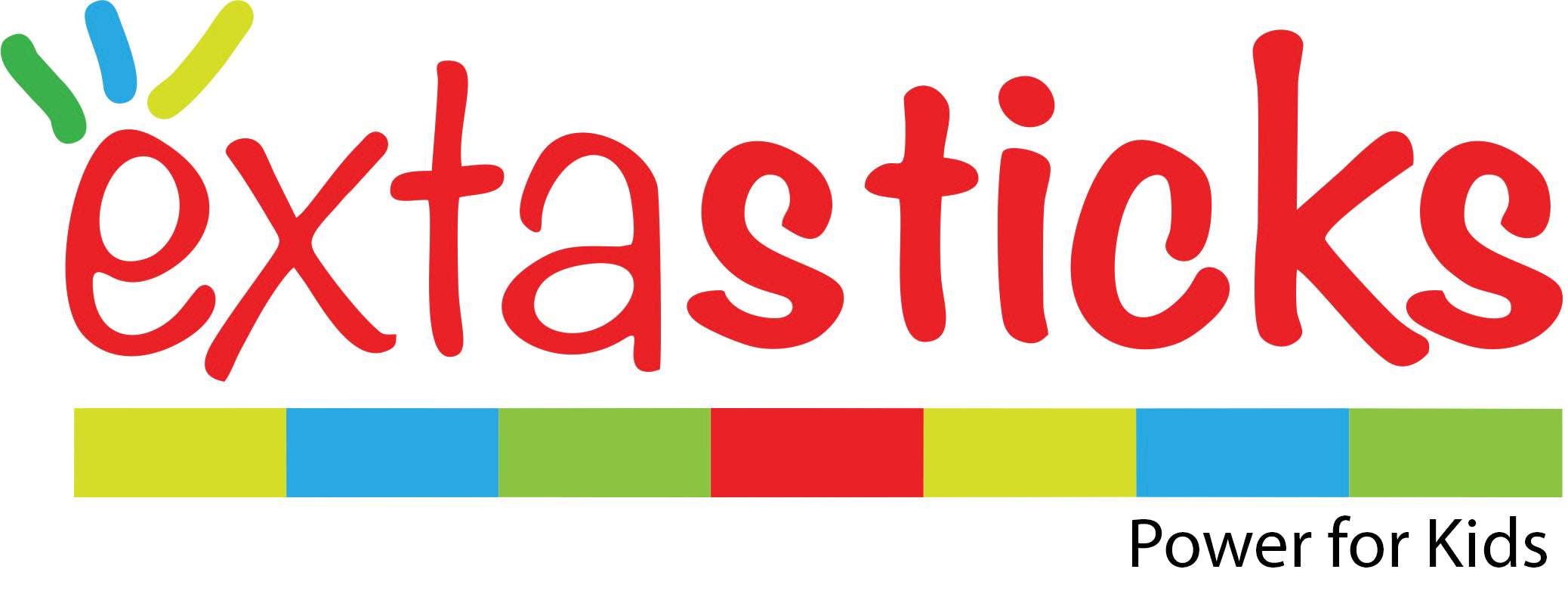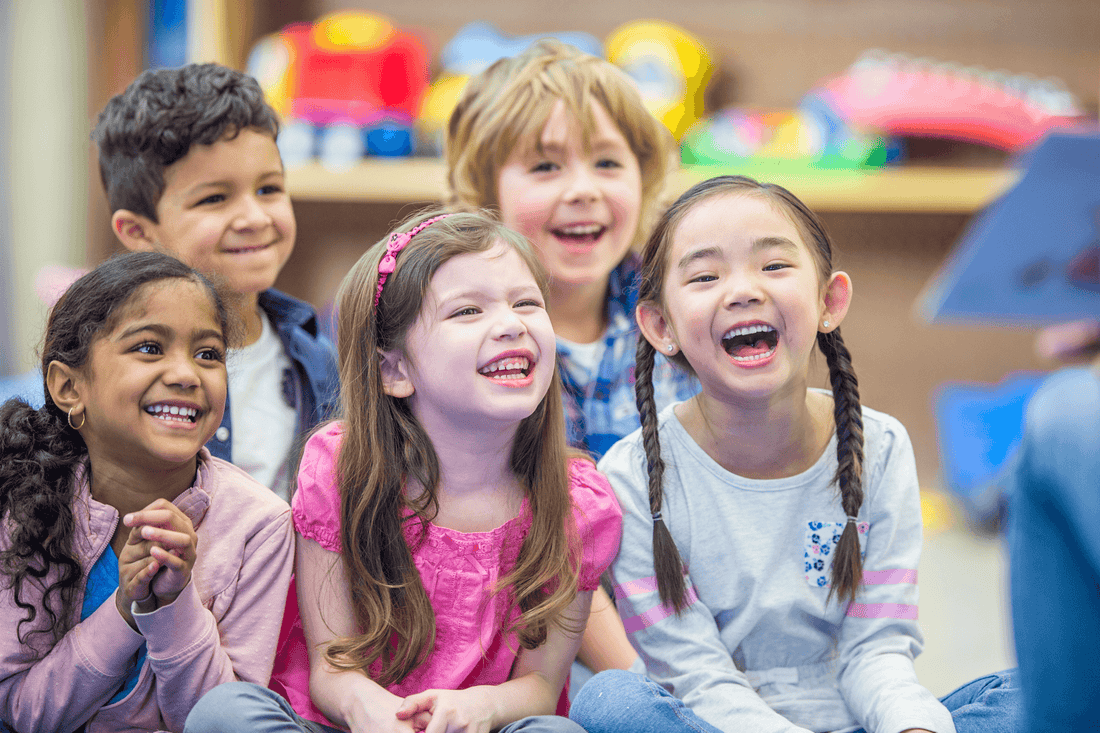Do children become a reflection of their own Parents' unconscious beliefs and expectations?
In the 60s, two psychologists, Robert Rosenthal and Lenore Jacobson, led a research that would change the course of human behavior theory. These two
psychologists studied the powerful effect that our beliefs and expectations have over the performance and behavior of others.
HOW DO OUR BELIEFS AFFECT OUR CHILDREN?
Robert Rosenthal and Lenore Jacobson gave all students from an elementary school an IQ test at the beginning of the study. They randomly chose (picking names out of a hat) a few students and “informed” their teachers that these boys and girls had obtained particularly brilliant marks. In reality, all students had obtained average or below-average results. They also told teachers that these kids were expected to produce better results in class, in comparison to their classmates.
Rosenthal and Jacobson predicted that teachers would be influenced by the “information” that these kids were smart and gifted. Teachers would unconsciously encourage and facilitate the success of these kids, which, in turn, would enhance their performance. Hypothesizing that teacher expectations affect student achievement.
Eight months later, it was proven that, in fact, the chosen students had a significant increase in their test scores, in comparison to their classmates. The psychologists' predictions were confirmed.
Rosenthal and Jacobson were right: the expectation that these students were bright, subtly but effectively changed the way their teachers behaved towards them, enhancing their academic performance.
In other words, what teachers believed about their students, became reality.
This research experiment opened doors to many others in a variety of fields. The
results all proved the same. The expectations we hold, good or bad, about life, specific situations, and people, significantly affect the outcome we get from them.
THIS PHENOMENON IS CALLED, “THE PYGMALION EFFECT”.

“Behind every young child who believes in himself is a parent who believed first.” –Matthew L. Jacobson.”
SAME EXPERIMENT, THE OTHER WAY AROUND
The Rosenthal-Jacobson study was recreated to test for the effect of negative expectations. This time, the students that were tested were all very smart, with high IQs. But teachers were told that some of these students tested below-average and were the worst in their class. The result? After eight months, the students that were deemed “bad”, scored signicantly lower on the test and their school grades had plummeted. They became below-average students. Incredible, right? WHAT SORT OF BELIEFS AND EXPECTATIONS ARE WE REFERING TO?
To understand how we influence our children's lives and how to manage our expectations, we should first talk about the difference between CONSCIOUS and UNCONSCIOUS beliefs and presumptions.
FOR THE MOST PART, THE UNCONSCIOUS BELIEFS WE HAVE OF OURSELVES AND OUR CHILDREN ARE THE ONES THAT END UP INFLUENCING THEIR BEHAVIOR.
Consciously, we might think that our kid is good at math and encourage his practice. However, and for whichever reason, (perhaps due to our own childhood experience with math or because the teacher claims he is “not good at math”) we may UNCONSCIOUSLY believe he will fail the subject. Then, and unnoticed by us, our unconscious belief that our child won't excel in math, will affect his achievement.
The Pygmalion Effect explains that our thoughts, emotions, behaviors, and actions towards our kids and the way we react to life events, are a reflection of our UNCONSCIOUS BELIEFS AND NOT OUR CONSCIOUS ONES. The research tells us that OUR UNCONCIOUS MIND CONTROLS 95% TO 98% OF OUR REALITY.
What beliefs do we unconsciously have about our children? About ourselves?
A DEEPER PERSPECTIVE: QUANTUM PHYSICS AND THE “OBSERVER EFFECT”
The double-slit experiment conducted in 1801 by Thomas Young proved, for the first time in history, that the mere act of observing light particles affects their behavior.
In other words, THE BEHAVIOR OF MATTER IN ITS MICROSCOPIC STATE DEPENDS ON THE CONSCIOUS WILL OF THE OBSERVER.
This is the same as saying that our expectations alter material reality. Just as SIMPLE and COMPLEX as that!
The fact that a particle will change course depending on WHO is watching, is the physical counterpart to Rosenthal and Jacobson's Pygmalion Effect.
For further research, you can Google the double slit experiment and the variety of other modern experiments that examine this quantum theory and its psychology counterpart: individuals and our deepest expectations actively influence our reality and that of others.
HOW SHOULD WE APPLY THIS KNOWLEDGE TO SUPPORT OUR KIDS?
The Pygmalion Effect shows us how we can encourage the development of our kids and their educational achievements.

Parents use every problematic circumstances or limiting situations as a learning opportunity. As if looking through a magic mirror, we should see our reactions as a reflection of those unconscious beliefs that hide deep within ourselves and affect the life of our children.
If we are mindful, we will be able to modify our beliefs and expectations and BECOME AN ELEMENT OF POSITIVE CHANGE (AND NOT A BURDEN) in the development of our children. By consciously and unconsciously believing in our children, we can help them develop new skills, new aptitudes, and new expectations for success. (The same is true for our own selves ). To defeat our stereotypes, we must be wary of internalizing “labels.” We SHOULD truly believe in ourselves and our kids.
A MYRIAD OF FAMOUS CASES SHOWCASE THE POWER OF BELIEVING IN OUR KIDS.
A teacher reported on a student: “His work has been far from satisfactory. His prepared stuff has been badly learnt, and several of his test pieces have been torn over; one of such pieces of prepared work scored 2 marks out of a possible 50. His other work has been equally bad, and several times he has been in trouble, because he will not listen, but will insist on doing his work in his own way. I believe he has ideas about becoming a Scientist; on his present showing this is quite ridiculous, if he can't learn simple biological facts he would have no chance of doing the work of a specialist, and it would be sheer waste of time, both on his part, and of those who have to teach him.”
The student in question is John Gurdon. A half century after this devastating report, in 2012, at age 64, Gurdon won the Nobel Prize in Medicine. Despite his poor grades at Eton School, where fellow academics still remember him as the student who scored 2 out of 50, he peaked in his professional career.
Like Gurdon, there are many famous cases—Thomas Edison, Einstein, Charles Darwin, Winston Churchill, Giuseppe Verdi, Picasso, Debussy, Leonardo Da Vinci, Bill Gates, Steve Jobs, Elon Musk, Mark Zuckerberg—and countless other ones we don't know about, that prove the powerful effect that a parent or guardian's trust and true belief in their children can have in their success.
No label, no unfavorable circumstance or situation can counteract the power of positive parental expectations. Trust, the profound belief that parents have in their kids and their future, is the vital fuel they need to go through life with self-love, self-trust, self-respect, and self-esteem.
TO BELIEVE IN OUR KIDS, WE MUST BE AWARE AND ATTENTIVE
PRACTICAL RESOURCES TO OVERCOME NEGATIVE EXPECTATIONS
To be able to change unconscious patterns of behavior and expectations, we MUST be vigilant, and PAY ATTENTION to the different situations arising in your children's life. As if it were a sleuthing game, watch for your reactions, behaviors, and thoughts in every one of these situations. Perhaps you will notice how your expectations affect the situation.
NEUROPSYCHOLOGISTS STATE THAT EXTERNAL CIRCUMSTANCES ACCOUNT FOR ONLY 10% OF OUR PERSONAL EXPERIENCES, THE OTHER 90% IS DETERMINED BY OUR OWN BELIEFS AND EXPECTATIONS.
To start being more aware and attentive, here are a few questions to ask ourselves. We must use them as a meditative resource to help us break free from old reactive patterns of thought and behavior. As we have explained in other articles (”How can a single question change forever your child's life?”), questions have the power to consciously direct our brain and make it work for our own benefit.
In the face of a limiting or negative circumstance, ask yourself these questions:
What part of this situation is real and what part is a product of my beliefs and expectations?
Where does that belief come from? Is it a belief of mine or does it come from another mind?
What external influences may be affecting my judgment?
What moral authority does that other person have to "label" me or my child? Does this belief I'm holding onto help me or is it perpetuating old patterns of behavior?
How can I change these circumstances?
What new belief is going to help me change the circumstance at hand? How can I learn from this situation?
How can I use this situation to become a better parent and a better person?
Deliberately asking ourselves these kinds of questions activate very specific areas of the brain that will allow us to get out of the hypnotic trance of old patterns and develop new expectations, new thoughts, and emotions. And, in 99% of the cases, they help us find an encouraging, stimulating and positive way out of the negative or limiting situation we are facing.
WE MUST TEACH OUR CHILDREN HOW TO MANAGE THEIR OWN EXPECTATIONS
Once we learn how to consciously change our unconscious biases, beliefs, and expectations, we can teach our children to manage their own ones. The full attention will allow our kids to experience life with greater freedom and autonomy. It will allow them to free themselves from stereotype threats, false labels, and other people's expectations of them. If our children practice full attention and learn to manage their own expectations, they will develop a strong sense of self-reliance and self-esteem that will champion them through any situation. Let's give our children our trust and most positive expectations for their future. Our belief in them is a gift they will treasure for the rest of their lives.


